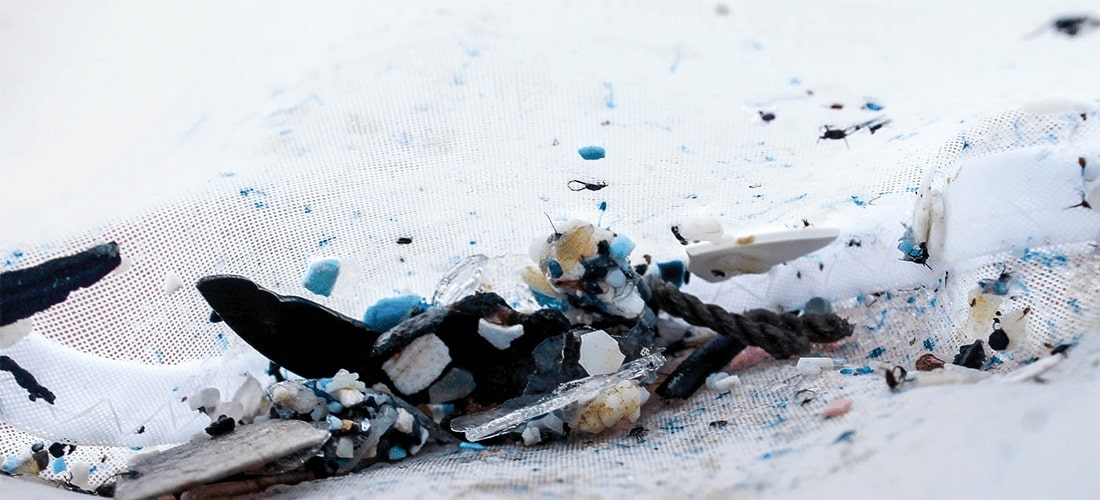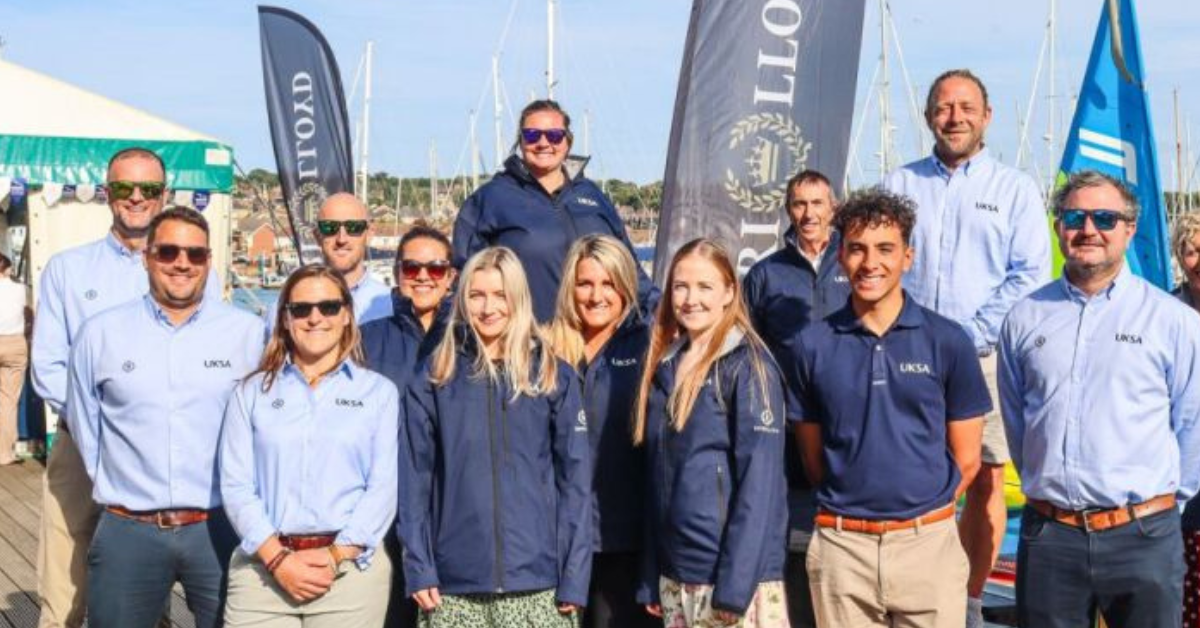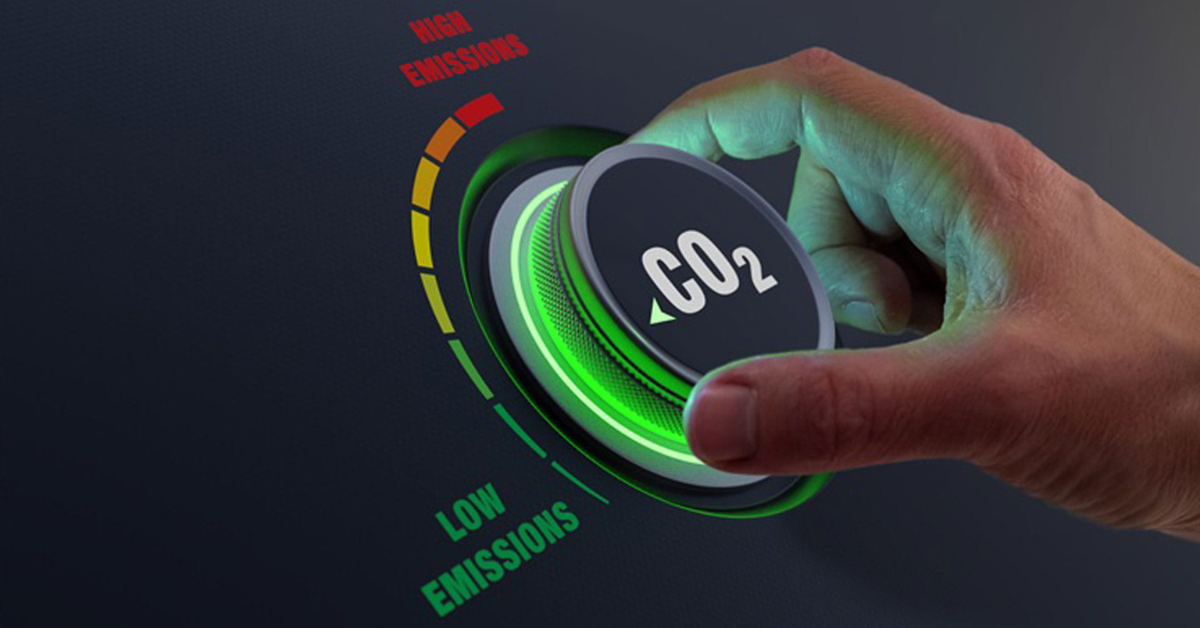Plastic in the oceans, a revolution is underway!
 Peter Franklin
Peter Franklin
The potentially devastating level of plastic pollution in our oceans and waterways has become one of the most talked about and high-profile subjects in the last couple of years. The powerful BBC documentary series Blue Planet 2, graphically contrasted the stunning wonders of the natural oceanic world, with the damage that human created waste is wreaking upon the coral reefs, and how it is constantly threatening the lives of lots of sea creatures.
So, even in the last few months, the level of awareness seems to have peaked in the public domain, and also in the minds of politicians and food/drinks providers, who are quite rightly sensing the outrage, and reacting to demands to, ‘turn the tide against plastic!’. Almost every day now comes an announcement from a hotel group, restaurant chain, food provider or public service points such as airports, that they will ban plastic straws and change their packaging policy…The tide IS turning against plastic, and that is all good news, but it’s just at the very beginning, and it’s not only about recycling!
Reduce, reduce… don’t just recycle!
Richard Walker - Managing Director of Iceland - a large UK supermarket chain is a keen surfer with a strong affinity for the oceans, and he has committed his company to completely changing the packaging on its products by 2023. They are planning to use paper based food trays instead of plastic, and to go back to materials that were common before plastic came along, such as cellulose, which is made from wood, and returnable glass bottles. Richard made an interesting personal statement on his company website which alluded to the apparent rush towards more recyclable plastic packaging as a perceived solution, and it’s worth repeating his words of warning:
“Plastic-free aisles in supermarkets aren’t a bad idea, but they’re not enough. Nor is recycling, which is really just recycling the problem. Not nearly enough plastic is currently captured by recycling in the UK, and until this year we were largely exporting the problem to China for them to deal with. Now that they have banned imports of waste, some other developing countries are stepping forward to take it on, but this cannot be any sort of solution to the problem. Only reducing the amount of plastic we produce and use will do that.”
The business case for reducing ocean waste
In a move to encourage more business leaders to recognise and react to the problems of ocean waste (which many of them are now responding to), a comprehensive report published by the World Council for Sustainable Development was featured at this year’s World Economic Forum in Davos.
Some of the facts in the document are well publicised, but are still worth sharing here:
- Since the early 1950’s global plastic production has increased from 1.5 to 300 million tons.
- Plastic makes up 60 to 90% of litter collected at sea or on the coastline.
- By 2050 there could be more plastic than fish in the ocean by weight.
- Today at least 8 million tons of plastic leak into the sea every year.
- Approximately 80% of marine debris (including plastic) comes from land based sources.
* The natural capital cost of marine plastic pollution is estimated to be $4.7 billion per year, in the consumer goods industry alone.
* Seriously negative effects on the lives of fish, birds and sea creatures, as well as human ingestion of plastics via the food chain are all well-established realities now, in addition to the significant financial and environmental impacts of plastic pollution.
Ocean Cleanup ready for first action in 2018!
Whilst all of these planned changes are encouraging, they will do nothing to reverse the existing problem we are facing; huge amounts of plastic which have accumulated in the world’s seas and waterways over many decades! It is well publicised now that trash accumulates in 5 ocean garbage patches, the largest one being the Great Pacific Garbage Patch, located between Hawaii and California.
In fact, over 5 trillion pieces of plastic currently litter the oceans, according to the Ocean Cleanup project started back in 2013 by Boyan Slat, a young Dutch man who was just 18 years old at the time. Since then Boyan has built an ambitious organisation which now employs over 50 specialist engineers and technical staff, and has developed advanced technologies to rid the world’s oceans of plastic. A full-scale deployment of the systems, which have been developed by Ocean Cleanup is estimated to be capable of eliminating up to 50 % of the plastic in the Great Pacific Garbage Patch in 5 years.
Right now, Ocean Cleanup are about to set up a base camp at Alemeda Point the former naval air station located in San Francisco Bay on the US west coast. There they will use the sheltered location to assemble a 600-metre-long plastic recovery system and commence final testing, with a planned objective to launch their first fully operational Cleanup in the Great Pacific Garbage Patch by the middle of 2018.
If you want to know more about the detailed background research, and the technical breakthroughs that have made the Ocean Cleanup possible, then this video of Boyan Slat presenting his project last year is highly recommended.
Photo credits - Erwin Zwart / Ocean Cleanup
Are you an anti-plastic warrior? Have you made changes in your personal, business or boating life to help ‘turn the tide on plastic'? Please let us know about it in the comment box below…thank you!


